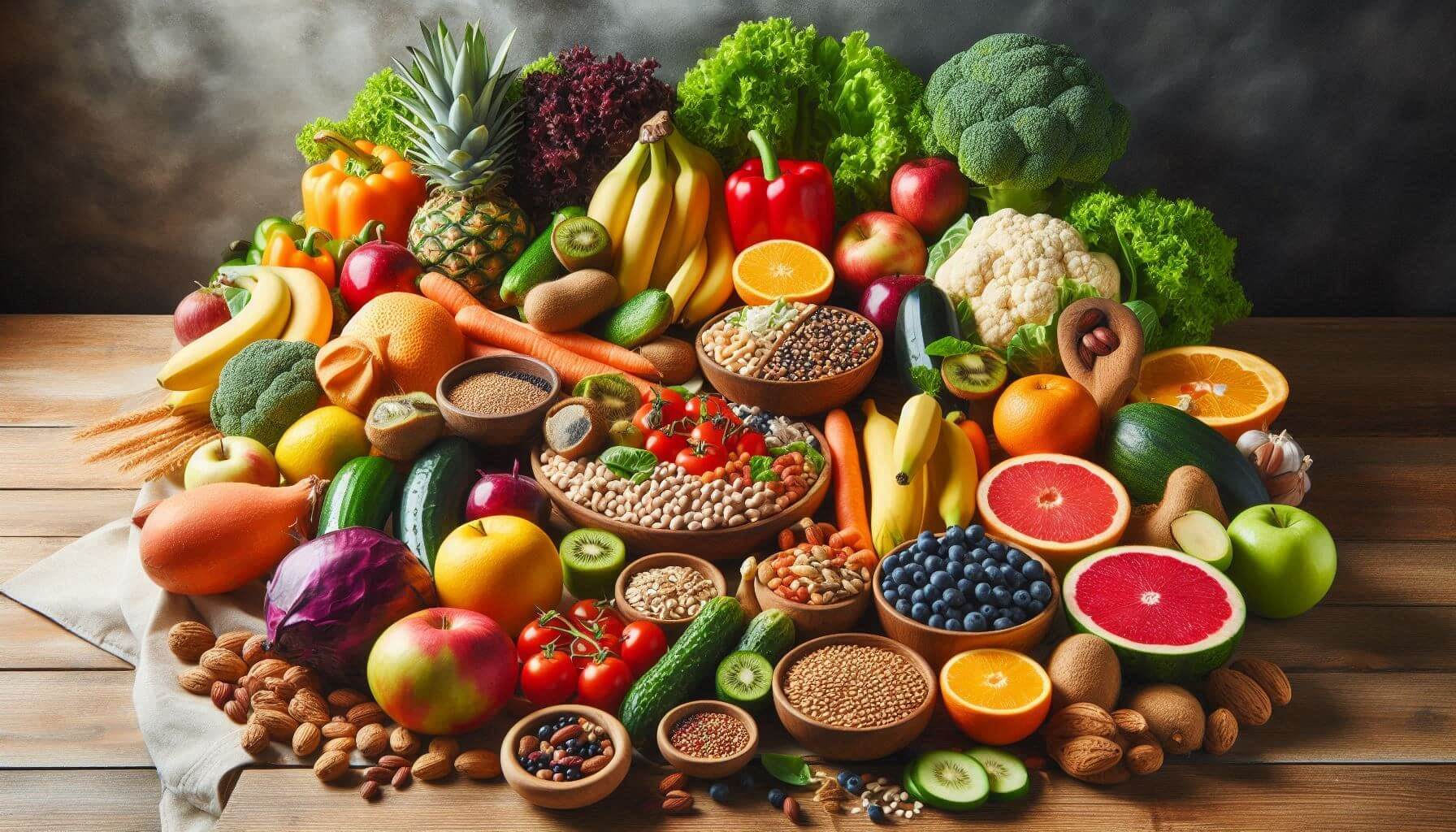9 Food Items You Should Eat In Piles Problem

For someone who has piles, it is a difficult stage, particularly if they are external, as they not only bleed, itch, irritate, and cause inflammation, but they also make sitting and standing uncomfortable. Hemorrhoids become a problem and get worse unless the person switches from a low-fiber to a high-fiber diet and stays properly hydrated. This is because difficult-to-pass stool causes strain and enlarged blood vessels.
In addition to controlling the symptoms of piles, this blog would like to recommend some foods that may help control bowel movements in general:
Wheat Bran and Shredded Wheat
Shredded wheat and wheat bran will aid in your colon evacuation if it has been tightened due to constipation, worsening your suffering by increasing inflammation, pain and bleeding. The hard stool, which may have resulted from overeating a low-fibre diet in processed or fermented forms, blocks the colon. However, eating 20 to 35 grams of unrefined wheat may make your stool bigger by retaining the moisture, which would help clear your passages.
1. Apples
It would enhance the stool size by bulk, whose fiber content is 4.4 gms, very much required by someone who is not finding an easy way to discharge the stool due to bleeding hemorrhoids. Even physicians frequently make recommendations for patients who are experiencing constipation, hard stools, or any kind of anal disorder. Since apple fiber does not break down easily, it softens and expands the stool and promotes a smooth evacuation.
2. Barley
Not only does it have the ability to reverse constipation and restore colon health, but it is also a wonderful, nutritious food. Research indicates that taking 9 grams of sprouted barley supplement for a few days can improve the digestive system and the amount of stool produced. This is due to beta-glucan, a soluble fiber that helps form gel-like stool, easing bowel movements.
For those looking for natural relief from hemorrhoids, ayurvedic tablets for piles can be an effective addition, especially when combined with fiber-rich foods like sprouted barley.
3. Lentils
Nothing compares to unrefined lentils, especially sprouted ones, which not only help to control bowel movements but also support colon health and general well-being. In practically every Indian home, khichdi is a staple food that has been successfully used as a remedy for constipation and other colon-related conditions. The 15 grams of soluble and insoluble fiber in one cup of lentils, when combined with the primarily insoluble fiber of unrefined rice, may help to soften the stool and increase its size for a smooth exit.
4. Berries
Fresh is the best way to enjoy these naturally occurring, delicate treats because their juice hydrates the tongue and the area deep down the colon, in addition to pleasing the taste buds. The powerful detoxifying agents residing inside the raspberries, cherries, blackberries and strawberries may reduce the risks of colon cancer by cleansing it and softening the stool. These berries may help you attain fullness and looseness of the abdomen, which might smooth the evacuation process.
5. Potatoes
When you eat potatoes with their skins on, the fiber in both sweet and unsweetened potatoes will help to nourish and control your digestive metabolism. The sweet potato may provide 3.8 grams of fiber, while the regular brown-skinned potato may provide 3.6 grams. Both types of potatoes will serve as a complete meal for anyone and also help in relieving inflammatory sensation in the anal area with their cooling effect.. Stool may become softer as a result of the fiber and resistant starch in potatoes.
7. Tomatoes
Lack of water makes the stool difficult to pass through the anal canal and therefore you are required to drink enough water and also include tomatoes in your diet. Eating 25 to 30 grams, or one to three medium-sized tomatoes, may help you stop straining in the toilet, contributing to excellent colon health, healthy weight loss, and softer stools.
8. Kiwis
Fiber helps your body retain water, make your stool bigger, and facilitate its smooth passage through the anal canal. Half a medium-sized kiwi, which is roughly 100 grams and contains about 3 grams of fiber, may be beneficial to you. The combination of both soluble and insoluble fiber may control the inflammatory piles and stop bleeding. Instead, it will aid in hydrating the colon and promote a smooth stool exit. By not removing the skin while eating, you may increase your intake of fiber by up to 1 gram.
9. Juicy Prunes
Anyone who suffers from painful piles will benefit from eating prunes. It will assist in softening your stool and relieving the discomfort you are feeling when you are discharging it. You may no longer bear the pain and suffer loss of blood if you eat these juicy or dried prunes. Sorbitol, the fruit’s medicinal ingredient, helps to soften stool and cleanse the colon. Have 1 cup daily of juicy prunes to meet the fiber and nutritional requirements, which you suffer from due to bleeding hemorrhoids.
Conclusion
Less fiber in the diet can cause the stool to become harder and make evacuation more challenging. It makes expelling waste from the body difficult because it results in irregular bowel movements. Straining in the toilet would make you bleed in the toilet as the blood vessels around the anus swell.
To support bowel movements and reduce piles-related discomfort, many people prefer using Dr Piles Free, a natural supplement designed to ease symptoms and promote smoother digestion.
Fiber, water, and mineral deficiencies must be addressed to promote colon health, reduce the growth of bacteria, and increase stool size. It is only possible with the help of shredded wheat, apples, barley, and lentils.
Visit Laurie Kaiser Writes for More Blogs